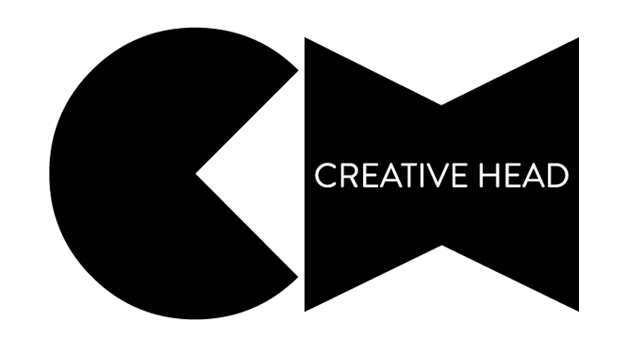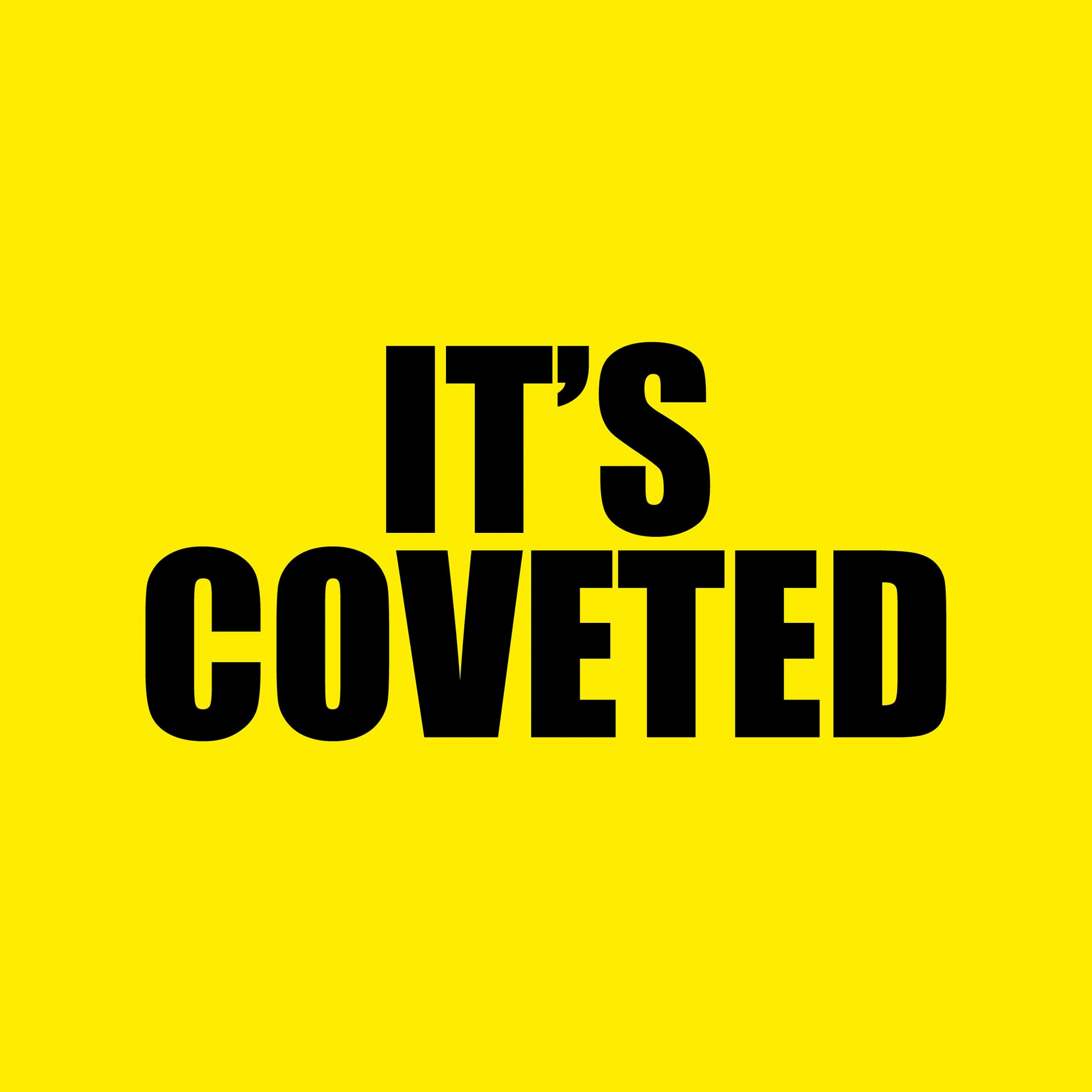WHY WE CAMPAIGNED TO GET A VAT CUT FOR HAIRDRESSING – AND LOST
Toby Dicker of the Salon Employers Association took the fight to Government.

Toby Dicker
As a salon owner employing 70-plus staff within his five-salon group, The Chapel, Toby Dicker understands full well the financial pressures of operating a hairdressing business on the British high street. Since launching 26 years ago, he calculates he’s seen Employers National Insurance go up by 37 per cent, Value Added Tax (VAT) rise by 33 per cent, and his business subsequently squeezed to almost zero margin.
According to Toby, the hair industry is taxed like no other business on the high street. He claims that around 35p in every £1 is paid in tax by salons employing their teams on PAYE, while other retailers on the high street pay as little as 12p*. With the current VAT rate of 20 per cent triggered once turnover reaches £85,000, some hairdressing businesses deliberately stay below the threshold, either by non-reporting or by stunting further growth. Avoiding the costs and inconveniences associated with VAT means those businesses have the potential to cut their prices by at least 20 per cent, compared to VAT-paying salons.
And that, says Toby, has created an existential crisis that threatens the very future of the sector: “Budget-squeezed salons are reducing the number of apprentices they take on, while non-VAT registered salons, like ‘rent-a-chair’ models, home and mobile hairdressers, don’t take on apprentices at all,” he says. “Because only PAYE employed salons can run apprenticeship programmes, numbers have dropped to the lowest level ever, to 5,000 intakes per annum. PAYE salons taking on apprentices invest up to £50,000 in salary and training costs per apprentice over two years, yet they receive little Government support in return.”
In 2020 Toby co-founded the Salon Employers Association (SEA) to campaign for reform on fiscal and tax matters directly affecting VAT-registered and PAYE salons. Almost 1,500 businesses signed up, including high-profile salons like Brooks & Brooks, Errol Douglas, Sally Montague, Daniel Galvin and Barrie Stephens. A survey conducted by the SEA received over 600 responses, revealing that more than 50 per cent of salon owners were considering closing their business. “That’s over 5,500 businesses and 44,000 jobs,” says Toby, “many of them occupying spaces on our struggling high streets, helping to drive millions of customers into cities, town centres and villages each week.”
The figures are right in front of our eyes: in 2022 the Office for National Statistics (ONS) said there were 11,170 VAT-registered hair and beauty businesses – the majority of those on high streets. Fast forward to today and the landscape looks very different. New ONS data shows that the number of businesses in our sector turning over more than £100,000 – and therefore definitively VAT-registered – has dropped by 17 per cent in the last year alone.
Feisty stuff! Watch Toby and the NHBF’s Caroline Larissey discuss VAT in an Instagram Live hosted by Creative HEAD.
“The situation is dire and the Government and HMRC are forcing honest businesses to go bust,” says Toby. “Salons add almost all value through labour, rather than product, and we estimate that our business model is hit up to six times harder than other retail outlets because nearly all our costs are labour. We have more people working in salons versus other retailers, so any employment related costs hit us much harder.
“The industry is close to breaking point,” he continues, “and there is one simple solution: a change in VAT law, which could level the playing field.” Tax breaks in our sector are not unknown: in Ireland, salons were temporarily allowed to pay 9 per cent on services and 23 per cent on retail sales. The Netherlands lowered VAT to 6 per cent in the 2000s for labour-intensive services, resulting in the creation of 4,000 jobs.
Spearheaded by Toby, the SEA began campaigning for the Government to reduce VAT to 10 per cent for the hair and beauty industry, arguing that the reduction was necessary to ensure salons’ survival on the high street. “It would also align our industry with other essential services like hospitality, providing immediate relief and boosting competitiveness,” he says. “It is a proactive step that aligns with economic recovery goals and
Plenty rallied to the call, with The Hair & Barber Council, the Freelance Hairdressers Association, the Fellowship for British Hairdressing and the Men’s Hairdressing Federation all supporting the cause (together with the SEA they now operate together as the British Hairdressing Consortium) and salon owners up and down the country writing to their MPs using template letters available from the SEA’s Instagram channel. However, the Government’s Autumn Budget came and went without the hoped-for tax break.
Undeterred, Toby carried on, and as the Government’s 2024 Spring Budget approached, campaigning took on a new sense of urgency. “This is a last chance saloon,” said Toby. “We have to call for something and this is the thing that will make the biggest difference right now. We could argue for the next 10 years about different taxes and whether they’re fair or not, on apprenticeship costs and training and a multitude of other things. We don’t think it’s the solution, we think it’s an emergency and they need to take this now, like they did in COVID with hospitality.”
With financial support from salon software company Phorest (HQ’d in Ireland, chief executive Ronan Perceval was a big fan of the tax breaks that had been afforded to Irish salons), Toby approached a PR company specialising in business media, armed with his survey and a load of industry stats. A press release was written – and the story exploded. Toby appeared on over 20 TV and radio stations, including BBC Breakfast, GB News and a host of ITV regional stations, while the story was also picked up in high-profile newspapers including The Sun and The Times.
But did it work? Unfortunately, it did not. On 6 March the Chancellor Jeremy Hunt raised the VAT threshold to £90,000 and cut the National Insurance Contributions (NIC) for the self-employed from 8 per cent to 6 per cent but did not cut NIC for employers. On 1 April the National Minimum Wage will rise again, putting additional pressure on employment costs.
“It’s fantastic that individuals get more in their pay packet and that the National Minimum Wage has been increased,” says Toby, “but these measures are paid for by small businesses, not by Government, and with no support in the form of levelling the tax playing field many of these employers will be forced out of business.
“This budget just made the scales tip further away from level, by increasing the VAT threshold to £90,000, and we’ll now be thinking about perhaps changing our strategy and our businesses as things go forward as PAYE and VAT-paying salon owners clearly don’t matter to this Government.”
Toby knows the Government wants industry representatives to speak with one voice, so that issues can be clearly identified and addressed. While the SEA were campaigning to reduce VAT to 10 per cent, the National Hair & Beauty Federation published a report suggesting sliding scales of VAT thresholds could be the answer to the industry’s troubles. Meanwhile, the British Beauty Council’s Value of Beauty 2023 report reported “positive growth” within the sector. According to Toby, these mixed messages undermined the SEA campaign and hampered its chances of success.
“We are an angry and divided industry at the moment,” he says. “Not having unity clouds everything, and not having all industry bodies share our discussions has been unhelpful.”
But Toby’s not giving up. He has further meetings planned with HMRC and next item on the agenda is compliance – and particularly around the subject of disguised employment, where a worker functions as an employee but is not classified as one.
“Our industry is being destroyed by flouting of HMRC payments and tax avoidance,” says Toby. “The fraud is largely hidden from the Government and HMRC radar but those caught breaking the law are facing severe legal and financial penalties…. Meanwhile, those following it are seeing their profession fall apart and are penalised for doing the right thing.
We want to help spread the word to get salon owners and stylists to read up on the rules, comply and help us all turn the tide now.
“A question we need to ask is whether we want this industry to survive,” he concludes. “And if you want sustainable growth in our sector, then we need to balance the playing field.”
*Information available @salonemployersassociation
Related
“We Came Through The Gates As A Pretty Disruptive Force”
box o’ bollox… bride of gluttony… normal persons daily shampoo… How evo have beeing raising eyebrows for 20 years
“I Always Approach Styling With An Open Mind”
Giuseppe Stelitano lifts the lid on what inspires him
“My Most Important Tool Is Communication”
Birte Klintworth discusses creative empowerment








